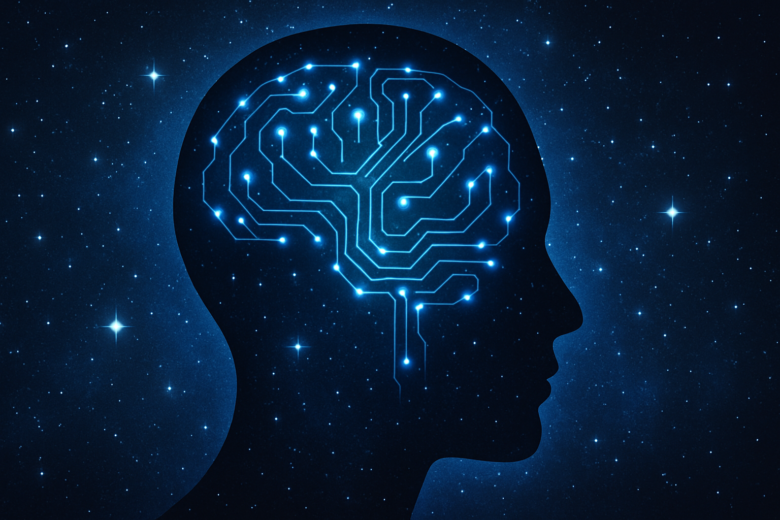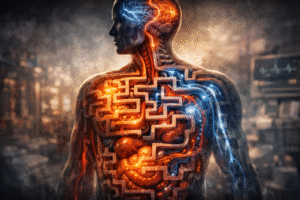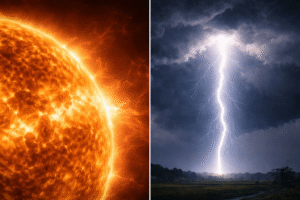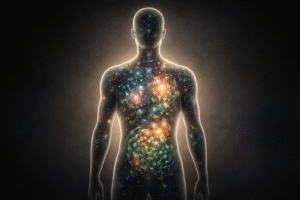Fun Fact: Your brain can generate over 50,000 thoughts a day—but no one really knows how those thoughts become you.
Think about that.
You’re reading this sentence right now. You’re aware of it. You’re possibly sipping tea, half-listening to music, maybe wondering what’s for dinner. But while you’re busy being, science is still scratching its head and asking: What exactly is this “being” we call consciousness?
Despite centuries of philosophy and decades of brain scans, we still don’t fully understand consciousness. It’s not because we’re not trying. It’s because consciousness remains one of the most mysterious, slippery, and unsettling puzzles in science. And yet, it’s the only thing you’re absolutely sure exists—because without it, you don’t exist.
This isn’t just a question for philosophers anymore. Consciousness is now a hot topic in neuroscience labs, artificial intelligence (AI) startups, and even legal debates. So why is it so hard to define—and why does it matter more than ever?
Let’s take a deep, thoughtful dive into the greatest mystery hiding inside your own skull.
What Even Is Consciousness?
Here’s the first problem: there’s no single, agreed-upon definition of consciousness.
At its simplest, consciousness is often described as your awareness of yourself and the world around you. It’s what allows you to feel pain, enjoy music, recognise your reflection, and think, “I am me.”
But this raises some thorny questions:
- Is a sleeping person conscious?
- Is a newborn baby fully conscious?
- Are animals conscious? What about insects?
- Could a robot be conscious someday?
Philosopher David Chalmers famously dubbed this the “hard problem of consciousness”: explaining how and why we have subjective experiences—how physical processes in the brain create something as vivid and personal as your experience of the colour red, the taste of mango, or the sound of rain on a tin roof.
We can describe what happens in the brain when you feel these things. But the leap from neurons firing to feeling like something remains unexplained.
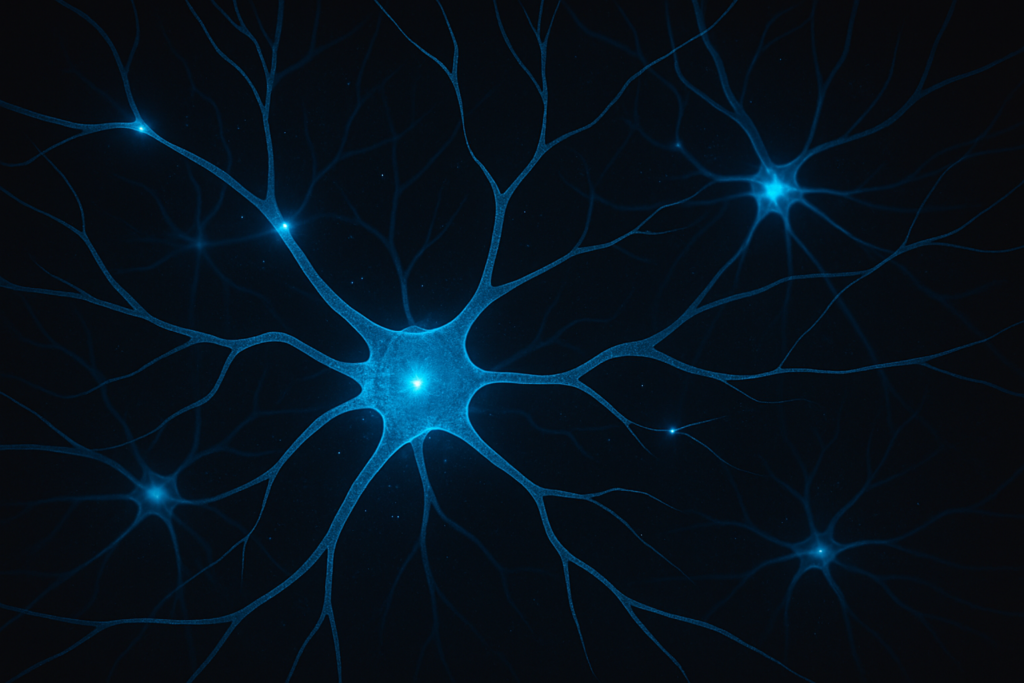
You Are Not Your Brain—Or Are You?
Let’s get a bit provocative.
If you’re not religious, you probably believe the brain is responsible for consciousness. But here’s the catch: the brain isn’t conscious. You are.
Your brain is a 1.4 kg organ made of tissue, electricity, and chemistry. But consciousness is about experience. And despite all our brain-imaging tools—functional Magnetic Resonance Imaging (fMRI), Electroencephalography (EEG), and Positron Emission Tomography (PET)—we’ve yet to find a clear switch that turns consciousness “on” or “off.”
Here’s an example: Patients under anaesthesia show little brain activity—and report no experience. But some patients under general anaesthesia later do recall sounds or emotions, despite appearing unconscious. Others in comas exhibit brain responses when hearing loved ones’ voices, though they can’t move or respond. Are they conscious? Partly? Fully? We don’t know.
And then there are split-brain patients—people whose two brain hemispheres have been surgically separated (usually to treat epilepsy). Studies show that each half can sometimes act as if it has its own separate awareness. What does that mean? That consciousness might be divisible?
It’s mind-boggling—and humbling.
Consciousness Without a Brain?
Here’s where things get weirder.
If consciousness comes from the brain, then no brain = no consciousness, right? But consider:
Octopuses
Octopuses have distributed nervous systems—more than half their neurons are in their arms. They solve puzzles, play with toys, and show curiosity. Their brains are radically different from ours—yet their behaviour screams consciousness.
Plants and Slime Moulds
Some studies suggest plants can “remember” stress and respond intelligently to light and sound. Slime moulds can solve mazes. No neurons. No brains. Yet they act like they “know” something.
Are these just reactions? Or are we underestimating what “awareness” can look like?
The Rise of AI: Can Machines Become Conscious?
You’ve probably heard the term Artificial General Intelligence (AGI)—the hypothetical machine that can think and learn like a human. Tech giants like OpenAI (a company that develops AI models like ChatGPT), DeepMind (a British AI company under Google), and Anthropic (an AI safety-focused research lab) are racing toward this goal.
But here’s the twist: even if we build something that behaves like it’s conscious… how would we know if it feels conscious?
That’s the other hard problem—differentiating between a convincing simulation and actual experience. Could a chatbot say “I’m scared” and mean it? Could a robot pet actually suffer if mistreated?
And if it could, do we now owe it ethical treatment?
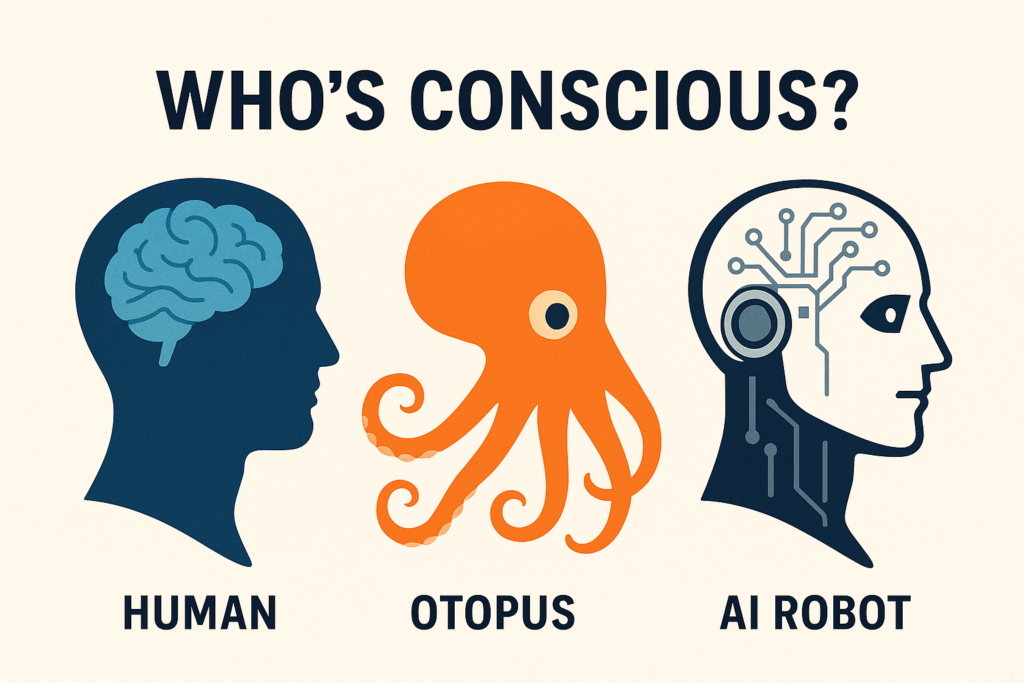
Is Consciousness Just a Hallucination?
One recent theory gaining traction comes from neuroscientist Anil Seth, who suggests that consciousness is a “controlled hallucination”. According to this view, your brain is constantly guessing what’s out there, based on limited sensory input. Your reality? It’s the best bet your brain is placing second by second.
Seth explains: “We don’t just passively perceive the world—we actively predict it. And that prediction feels like reality.”
Sounds wild? Well, your eyes don’t see everything—they fill in gaps. Your ears don’t hear every detail—they emphasise what your brain expects. And dreams? They’re fully conscious experiences with no external input at all.
What if all of life is like that? One long, coherent, shared dream?
The Science, The Spiritual, and The In-Between
Many ancient traditions treat consciousness not as a product of the brain, but as something deeper—a field, a force, even the source of the universe.
Hindu philosophy describes “Atman” (the self) and “Brahman” (universal consciousness) as interconnected. Buddhist teachings emphasise awareness as fundamental. Mystical Christian, Sufi, and Indigenous philosophies also place consciousness as something beyond biology.
While science often avoids such metaphysical ideas, a growing number of scientists and philosophers are wondering: what if consciousness is not just something brains do—but something reality is?
It’s not proven. But in a world where gravity still confuses us and quantum particles behave like magic, it’s worth keeping an open mind.
So Why Don’t We Get It Yet?
Because consciousness might not be one thing, it might be a spectrum, a process, or even a mistake—a side effect of brains doing other stuff.
Here’s what’s slowing us down:
- No working definition. You can’t solve what you can’t define.
- No good model. We don’t have a complete picture of how brain activity creates experience.
- Subjectivity. You can’t open someone’s mind and see their thoughts.
- Ethical dilemmas. Studying consciousness in humans, animals, and AI raises serious moral questions.
Conclusion: Consciousness Might Be the Final Frontier
We’ve mapped the stars. We’ve decoded the human genome. But we haven’t figured out what’s happening behind our own eyes.
The question of consciousness isn’t just scientific. It’s personal. It asks what it means to be you. It raises the stakes of what we owe animals, machines, each other—and ourselves.
So the next time you wake up, yawn, and stretch into your morning, pause and marvel. You’re not just a bag of organs and bones. You are aware. And that—whatever it is—is the strangest and most beautiful mystery of all.
Author’s Note
Writing about consciousness is like trying to describe a colour you’ve never seen. But that’s what makes it so fascinating—every sentence is an invitation to wonder. I hope this blog stirred some of that wonder in you.
G.C., Ecosociosphere contributor.
References and Further Reading
- Anil Seth – TED Talk: Your brain hallucinates your conscious reality
- Scientific American – The Hard Problem of Consciousness
- Zhang, X., Li, L., Huang, G., Zhang, L., Liang, Z., Shi, L., & Zhang, Z. (2021). A Multisensory fMRI Investigation of Nociceptive-Preferential Cortical Regions and Responses. Frontiers in Neuroscience, (), n/a.

